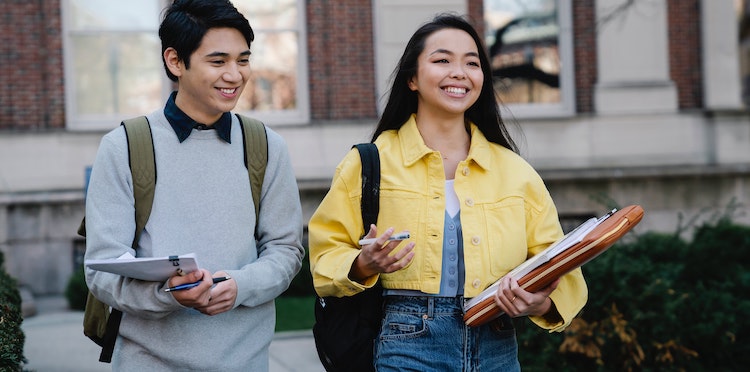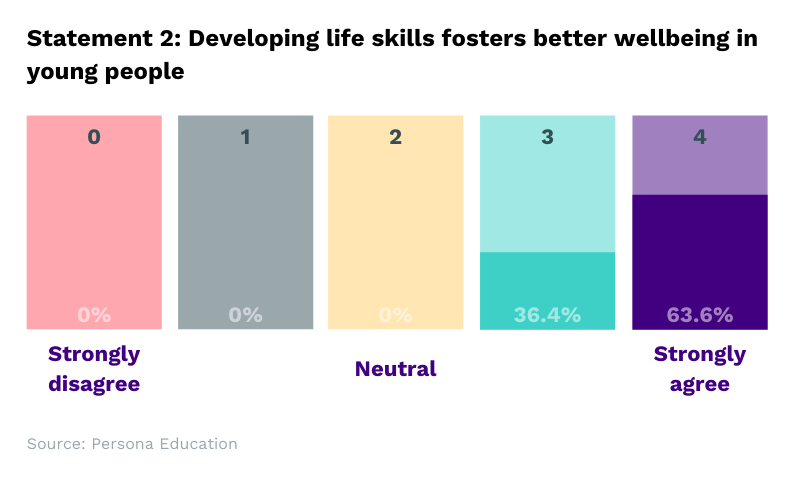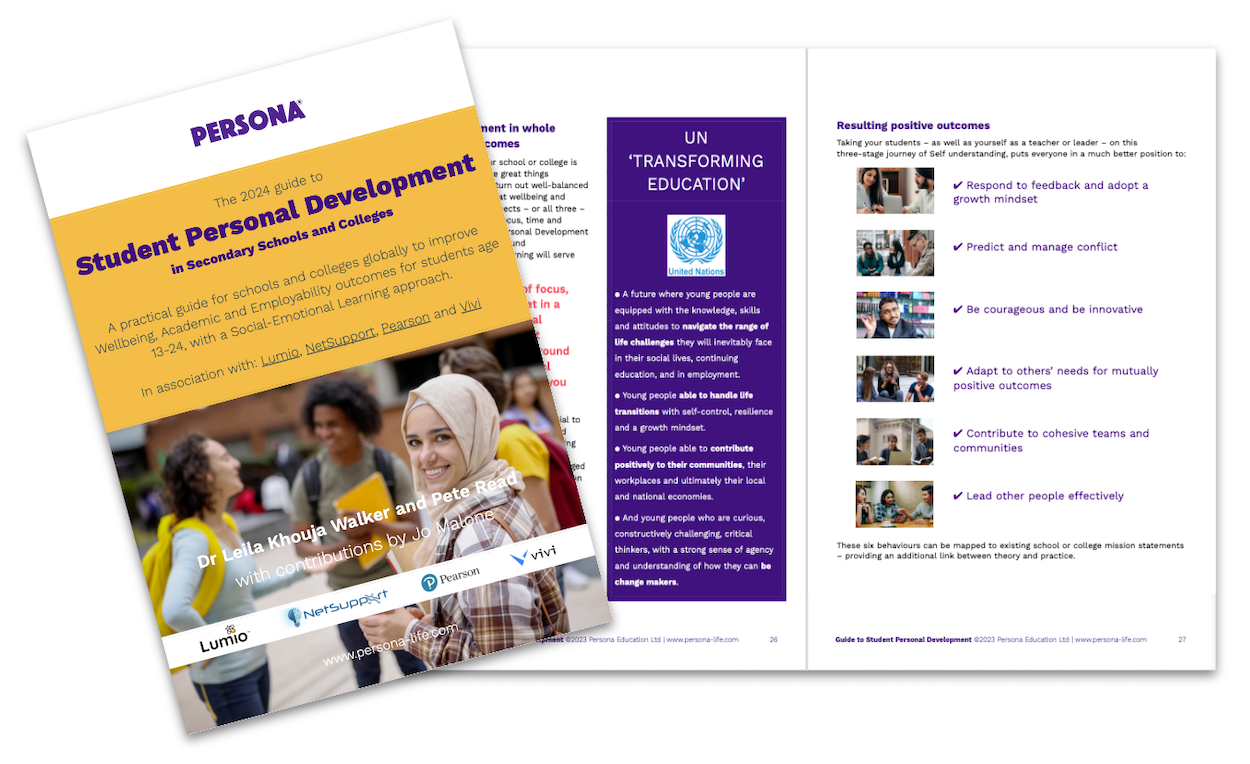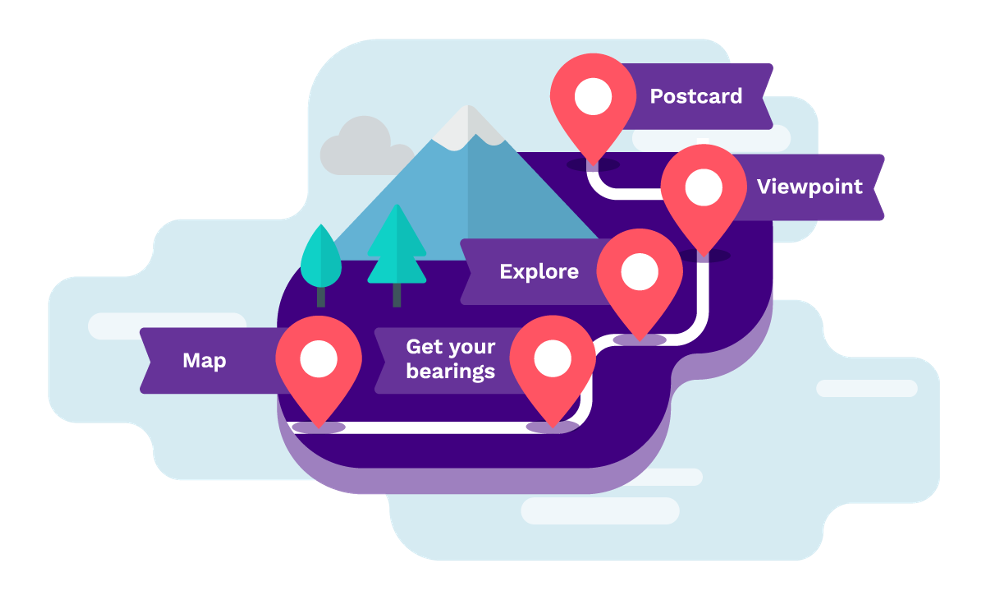Are schools at risk of losing an important lesson of lockdown – the power of student agency?

27-Aug-20
By Dr Leila Khouja Walker, Chief Product Officer
Recent research conducted by Bristol University1 (Aug-20) reported that teenagers aged 13-14 in the South West of England felt less anxious and more connected to school during the early phase (May-20) of public school closures during the Covid-19 lockdown than in the months leading up to it. But how can that be?
Did teenage anxiety stem from within the school curriculum structure itself?
Many students experienced a dramatic shift from fixed timetables for their study and movement, to a more fluid model that required self management of learning and time. This shift alone enabled many students (and their schools) to experience ‘student agency’, some for the first time in their schooling history.
“In the agentic sociocognitive view, people are self-organizing, proactive, self-reflecting, and self-regulating, not just reactive organisms shaped and shepherded by external events. People have the power to influence their own actions to produce certain results.”
– Bandura, 1999
According to Bandura’s socio-cognitive theory, enabling agency is more true to human behaviour than, for example, forcing everyone down the same learning track of common timetables and activities to get from A to B. Therefore, it could be argued that common schooling structures are more anxiety provoking simply because they work against socio-cognitive human behaviour.
“We need to help students better understand themselves - how they feel about themselves and how they try and fit in with others - if they can crack this they’ll succeed at school and at life.”
– Andrea Arlidge, CEO, Wellsway MAT
What is student agency and why should schools care?
Student agency is the level of autonomy that a student experiences in a learning environment, such as a school. Agency provides students with responsibility for their learning with the desired outcome of creating independent and self-regulating learners.
A study by Harvard University2 (2015) indicated that student agency may be as influential to attainment outcomes as basic skills training. If this is true, then schools must attempt to continue to provide students with some level of agency towards their own learning gains when they return to the physical classroom. Otherwise the increase in agency that has already begun will be lost, with the risk of increased anxiety and lower attainment outcomes.
Which life skills influence student agency?
The skills for agency development are derived, in large part, from human experiences. Most human experiences are formed through interactions with others. As teenagers, it is our interactions with family, friends, teachers and later work colleagues that shape some of our early development. Therefore, having a better understanding of ourselves and how people perceive us, as well as a better understanding of others, helps us to form positive human interactions, regardless of the relationship or the situation we find ourselves in.
The key life skills associated with student agency include:
- Communication
- Goal-setting
- Problem-solving
- Resilience
- Managing feelings
- Self-awareness
Schools which provide students with the opportunity to develop these life skills will reap the attainment benefits from doing so.
In research conducted by Persona Education (Jan 2020) with CEOs of MATs, Head Teachers and PSHE/Life Skills teachers, all participants agreed that there was a direct relationship between wellbeing and the development of life skills.
Arguably, wellbeing is our most fundamental value, it’s our moral duty as a group of schools and is the necessary agent to enable young people to become the best they can be.”
– Tim Withers, CEO, Palladian MAT.
How can schools develop a whole school approach to student agency? A case study.
Ansford Academy is a small rural secondary school in Somerset led by a Headteacher who is not afraid to do things differently for the benefit of her students and staff.
At Ansford, all students set long, medium and short term goals for themselves. Timetabled each fortnight are 1:1 coaching sessions with their named teacher/coach. In order to provide a “pinnacle of student agency” for students to aim for, Mrs Pilgrim set up the Ansford iCollege. The iCollege allows students to apply and then be selected to study independently of the school timetable, having demonstrated their self-management skills.
As a result of Covid-19, Ansford now plans to offer iCollege in a remote learning setting to students who prefer this option, adopting technological solutions to enable students to continually develop the life skills required for successful student agency; enabling truly independent learners.
“It is my belief that the greatest gift you can give to a student is the ability (or opportunity) to get to know themselves. When you know who you are at your core; you always have somewhere to go back to when the tough times come and that always makes the decisions and challenges easier to take.”
– Shonogh Pilgrim, Head Teacher, Ansford Academy
1 http://www.bristol.ac.uk/news/2020/august/young-people-mental-health.html
2 http://www.agi.harvard.edu/projects/TeachingandAgency.pdf





